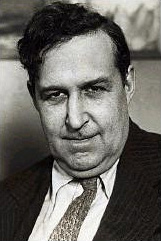A Quote by Roni Horn
A non-analogue image has an extremely compressed life. It starts as this and, in increasingly short time spans, becomes that.
Quote Topics
Related Quotes
Children became an obsessive theme in Victorian culture at the same time that they were being exploited as never before. As the horrors of life multiplied for some children, the image of childhood was increasingly exalted. Children became the last symbols of purity in a world which was seen as increasingly ugly.
Polaroid material has the most beautiful quality - the colors on one side, but then the magic moment in witnessing the image to appear. The time stands still and the act of watching the image develop can be shared with the people around you. In the fast world of today it's nice to slow down for a moment. At the same time Polaroid slows time, it also captures a moment which becomes the past so instantly that the decay of time is even more apparent - it gives the image a certain sentimentality or melancholy.
In recent years my understanding of God had evolved into increasingly remote abstractions. I'd come to think of God in terms like Divine Reality, the Absolute, or the One who holds us in being. I do believe that God is beyond any form and image, but it has grown clear to me that I need an image in order to relate. I need an image in order to carry on an intimate conversation with what is so vast, amorphous, mysterious, and holy that it becomes ungraspable. I mean, really, how to you become intimate with Divine Reality? Or the Absolute?







































